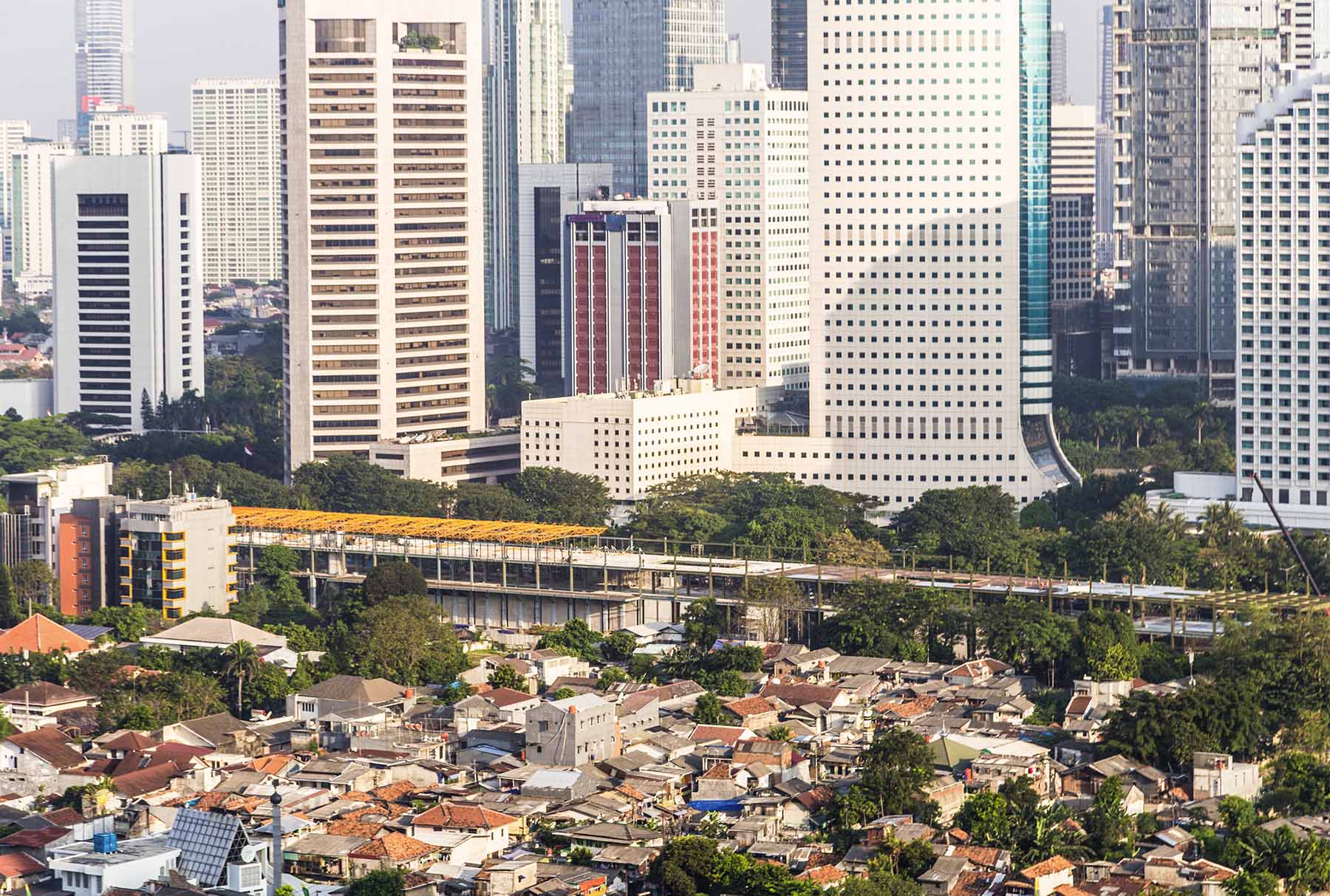Smart Urban Resilience
Enabling Citizen Action in Disaster Risk Reduction and Emergency Response
Professor Simin Davoudi, Dr Abigail Schoneboom and Dr Ruth Machen worked together on this research project between 2019 and 2021. The project, funded by the ESRC (Economic & Social Research Council) and CONASYT (Mexico’s National Council of Science and Technology) also involved Durham University (Geography Department and Institute of Hazards, Risk and Resilience-IHRR; UK lead), the CIDE-Consorcio CentroMet (Centro Latam Digital and CentroMet - CONACYT; Mexican lead), and the Universidad Autónoma de Guerrero in Mexico. It also included a wide range of stakeholders in the three case study cities of Queretaro, Puebla and Acapulco who were involved in interviews, workshops and steering groups.
Synopsis of the research project
The project investigated the relationships between smart city technologies, disaster risk reduction (DDR) and emergency responses to determine how smart cities (and associated technologies) can enable or constrain citizens’ action in planning for, and responding to, disasters and emergencies. The research focused on three medium-sized cities in Mexico: Queretaro, Puebla and Acapulco. Natural hazards in Mexico are a significant source of human suffering and economic loss. With earthquakes, hurricanes and floods, amongst others, generating estimated annual average losses of $2.9 billion, identifying novel, integrated and shared forms of disaster risk resilience and emergency response is a national priority. The project recognized and sought to capitalize on and find ways to strengthen the already significant role that civil society has historically played in DRR and emergency response in Mexico, by examining pathways for smart city approaches towards these. The Newcastle team focused specifically on the role of civil societies in the politics of disaster governance and the potential for a more inclusive public sphere and democracy.
Key outputs
A number of papers are in preparation and a policy / practice-facing ‘Roadmap’ is published in Spanish and will be available in English soon.
The link to project website for further details
